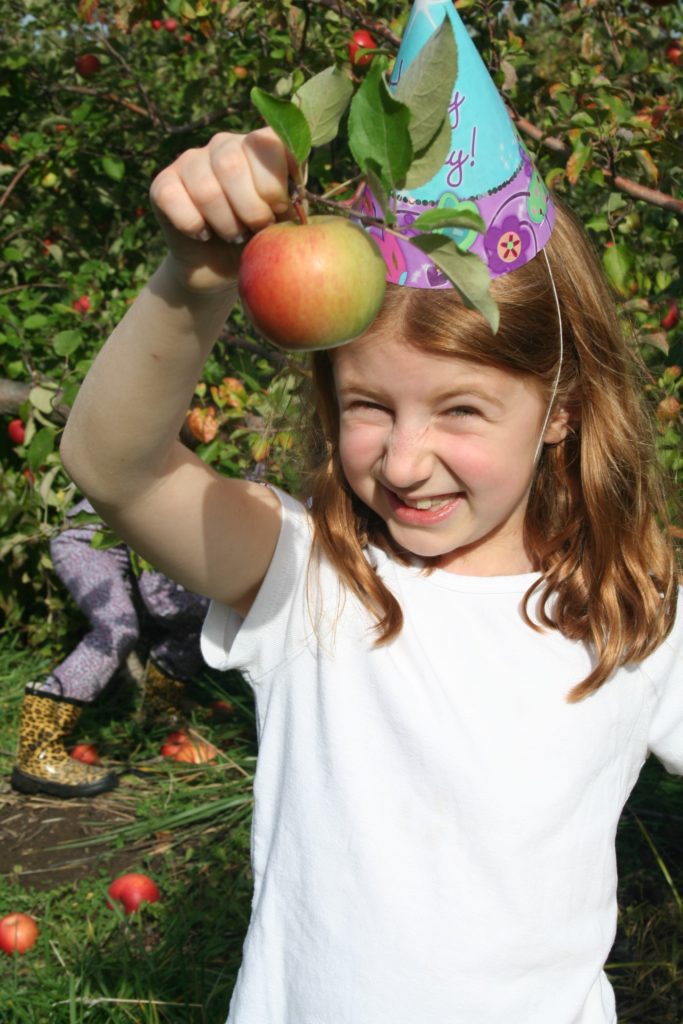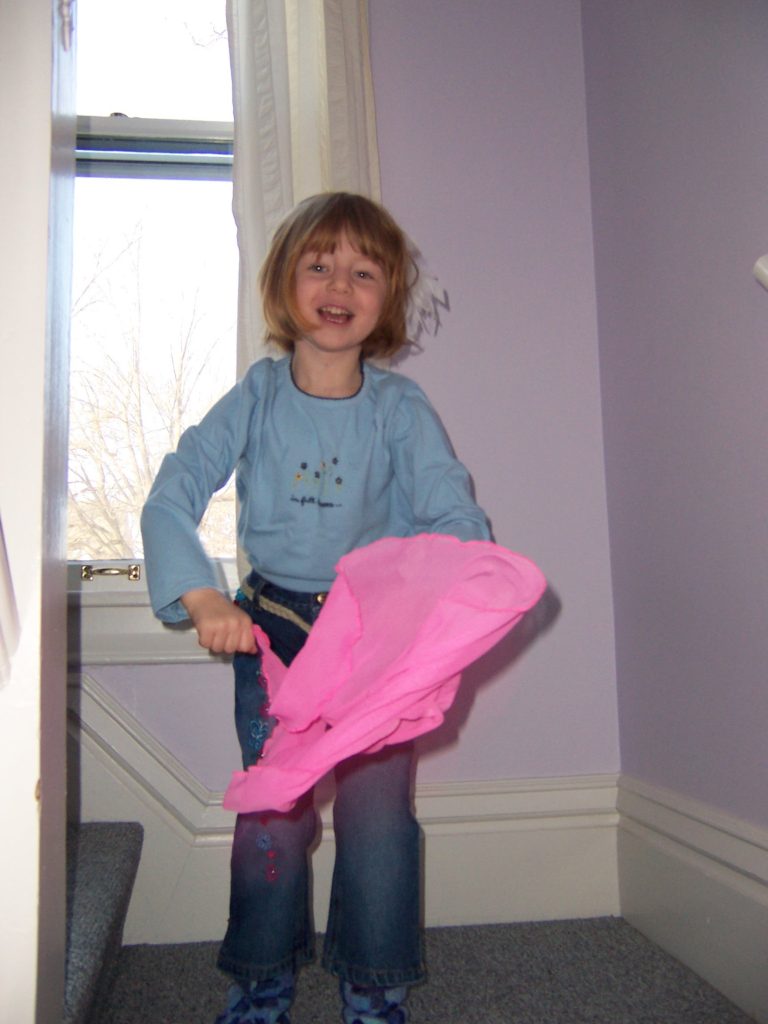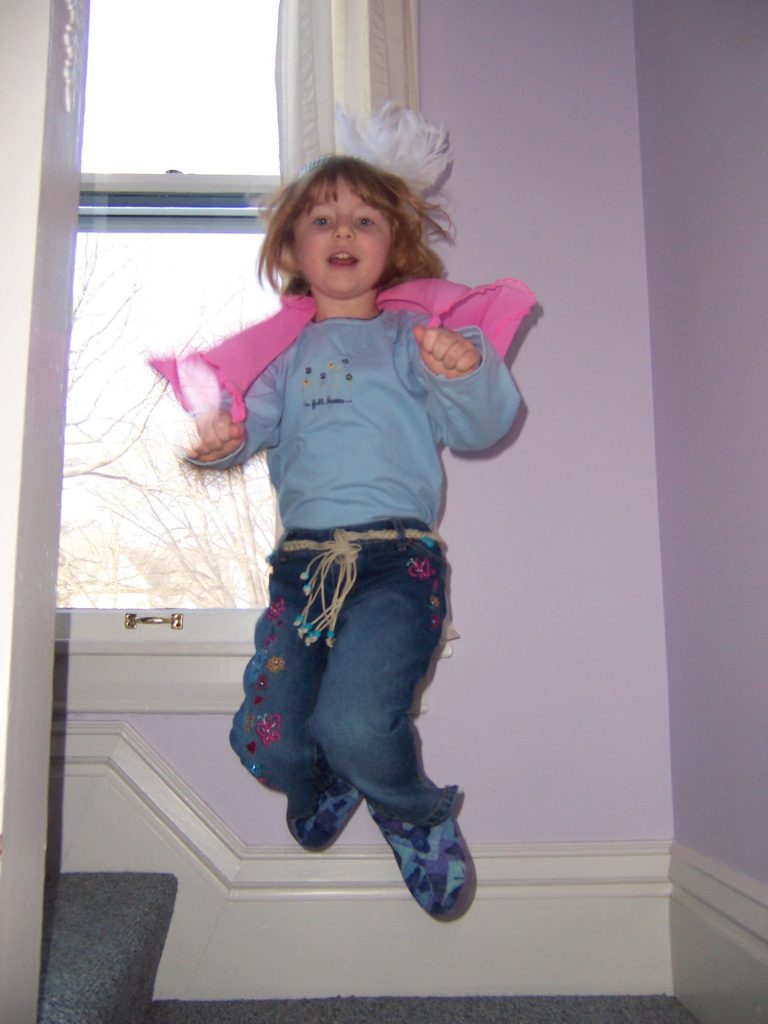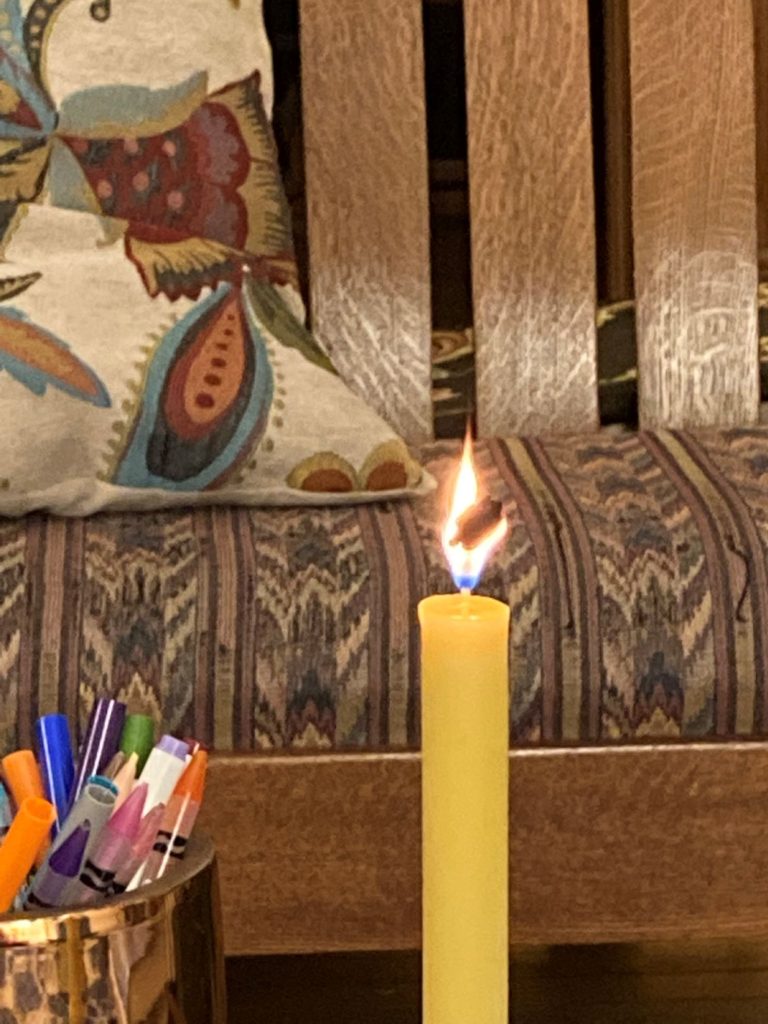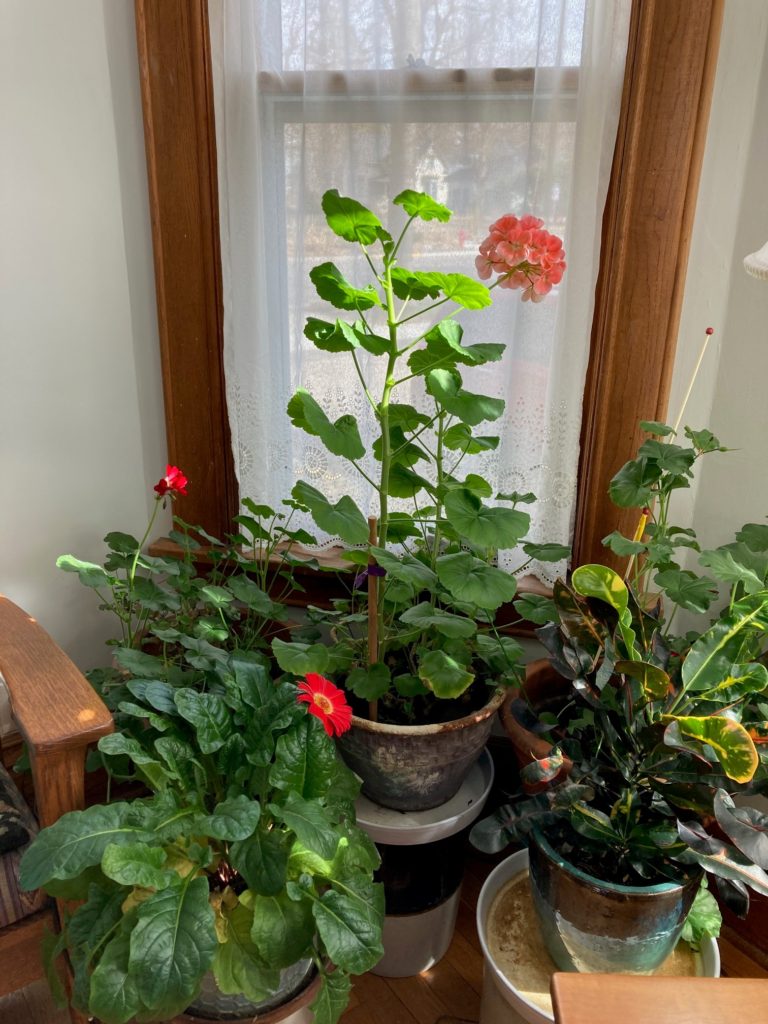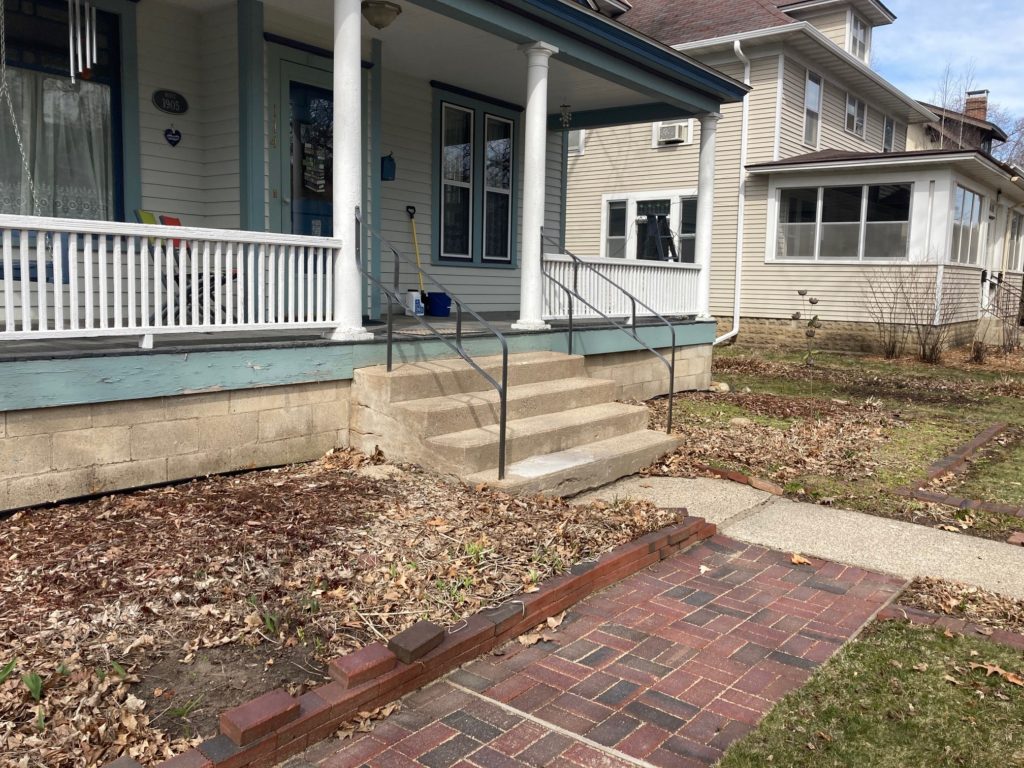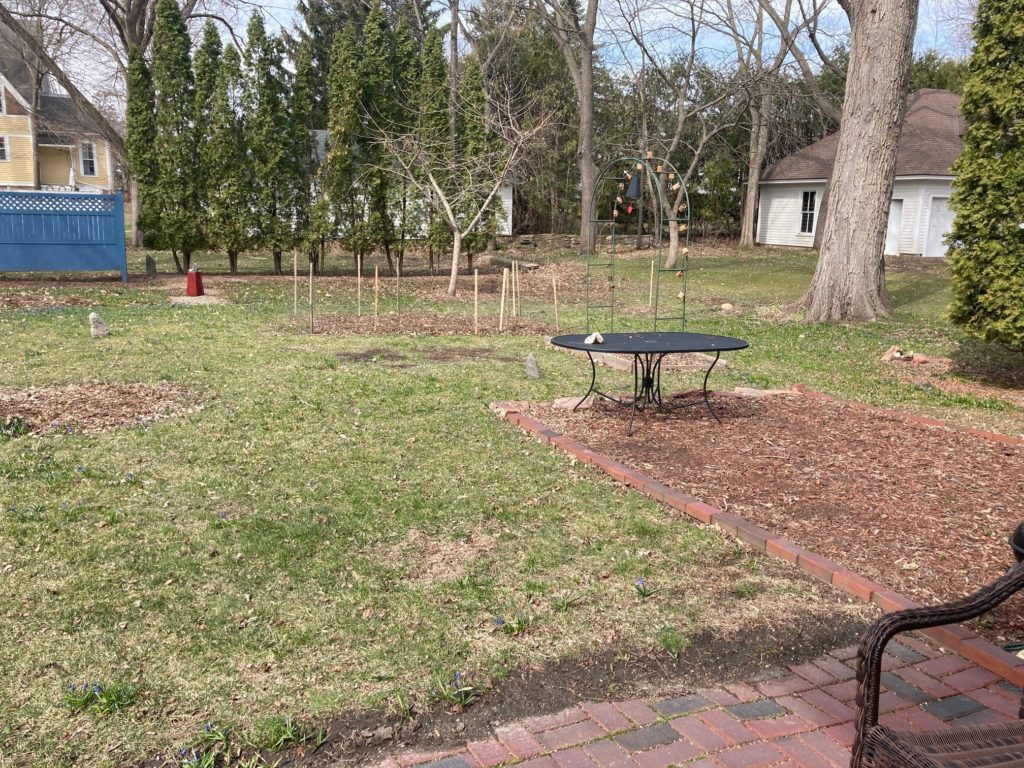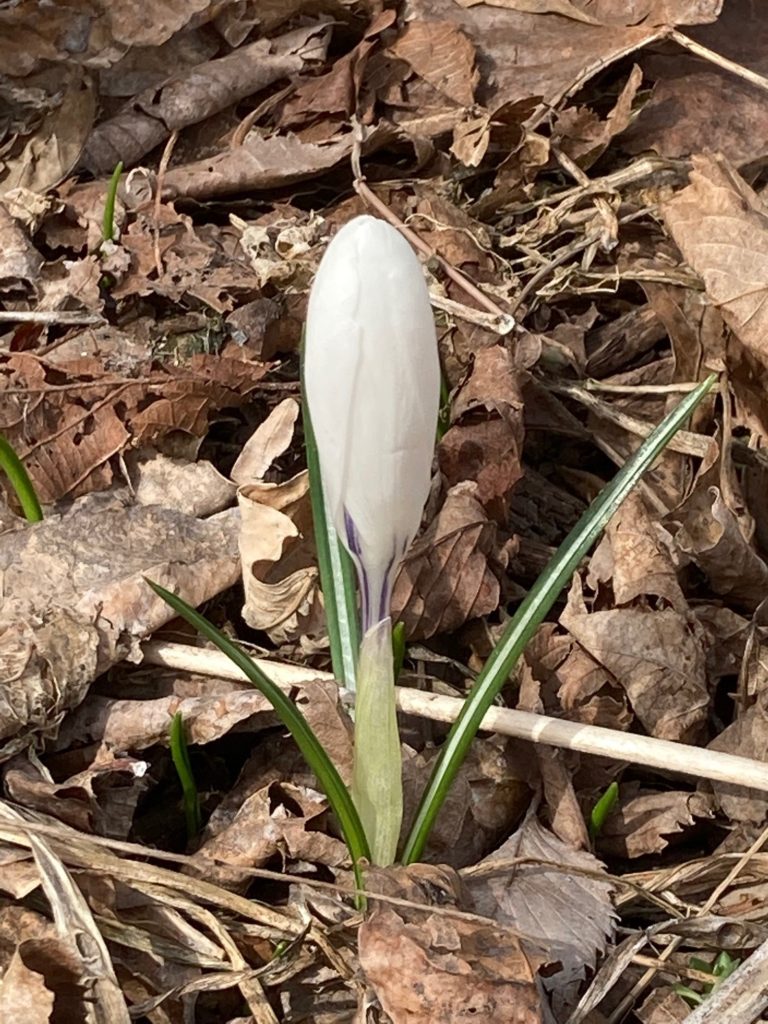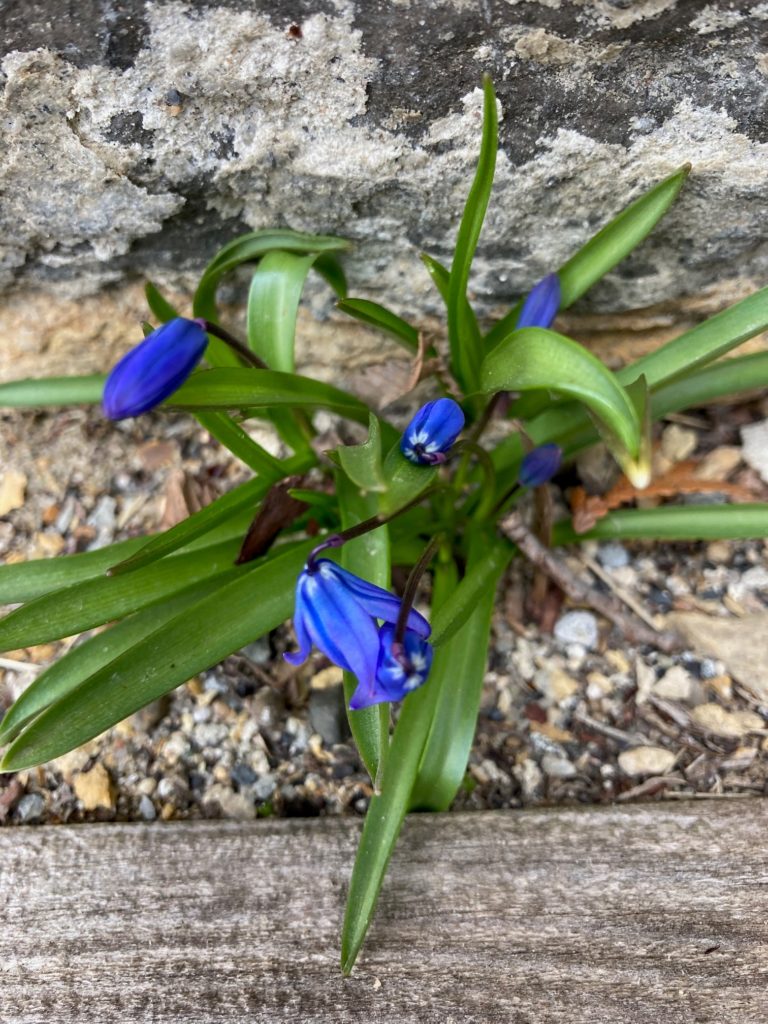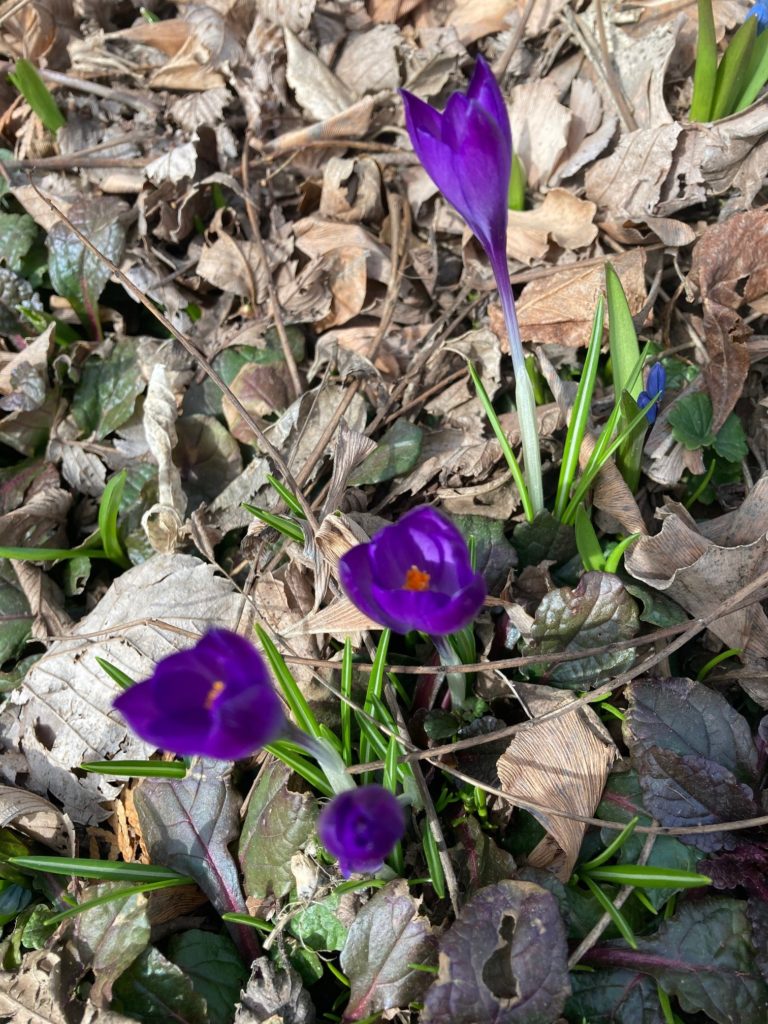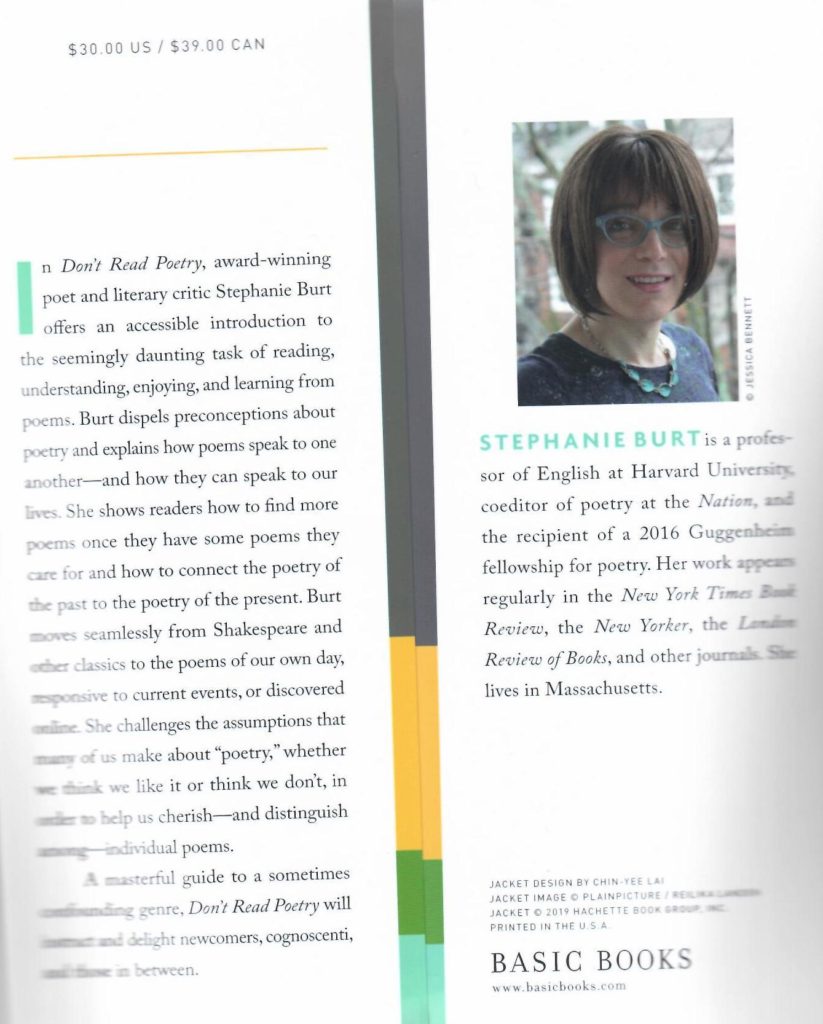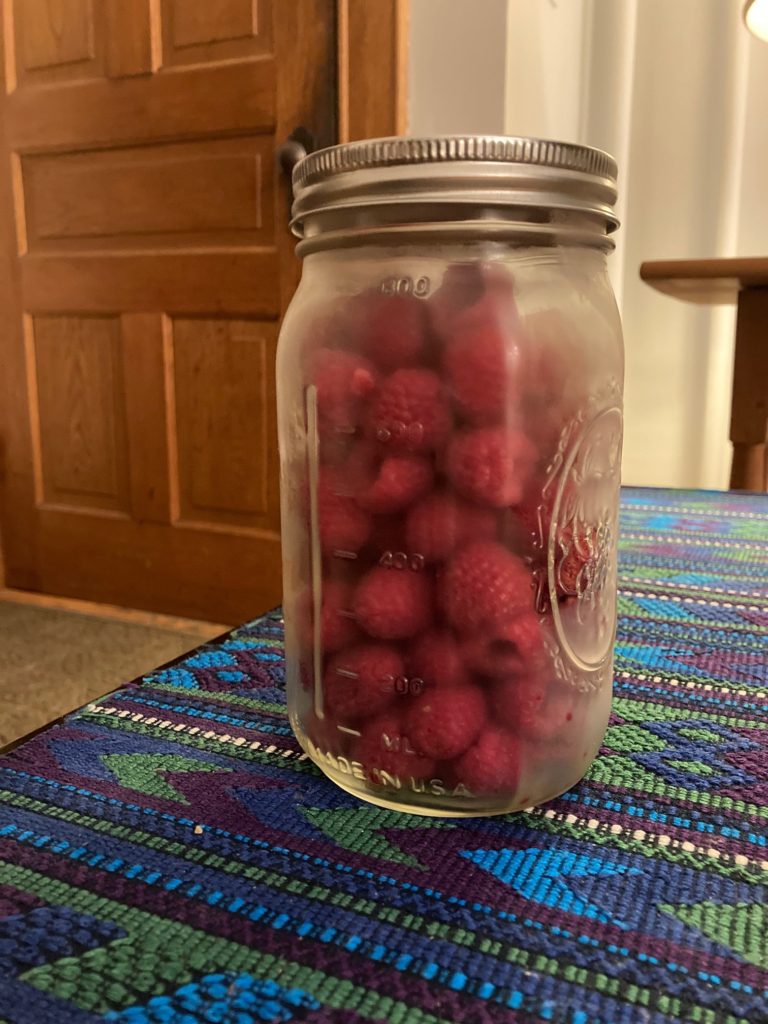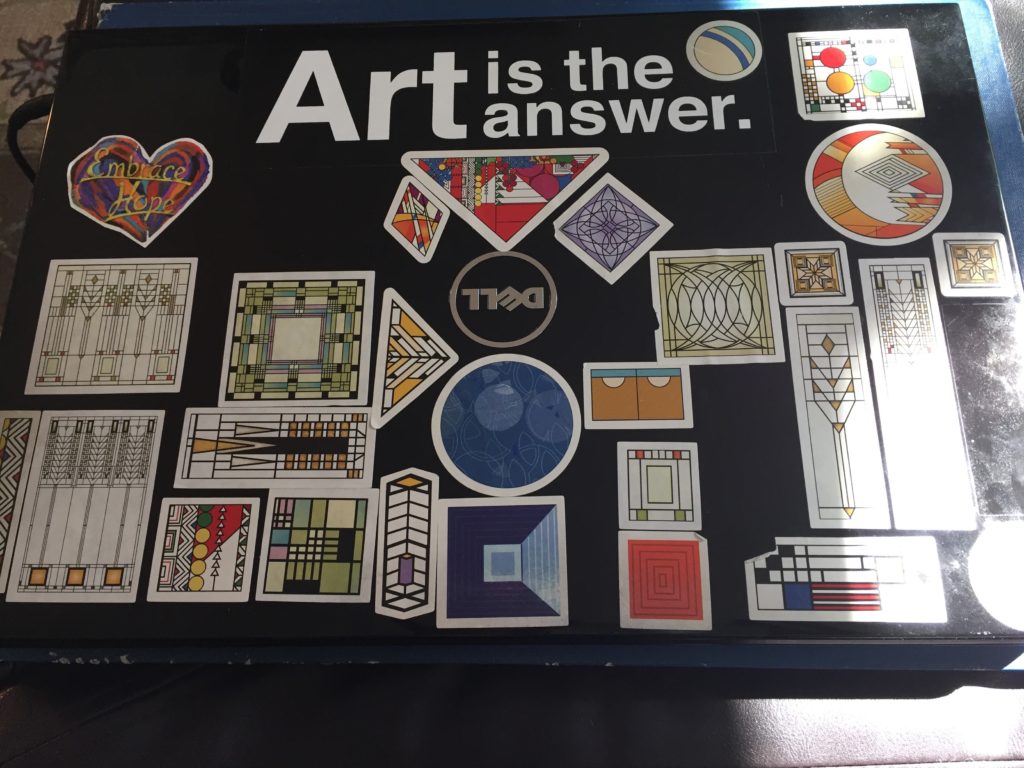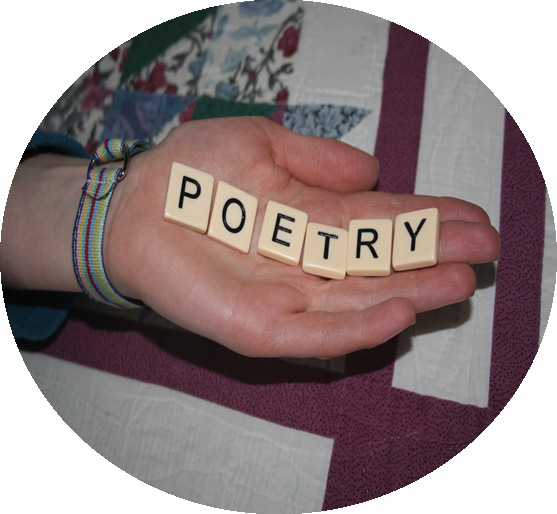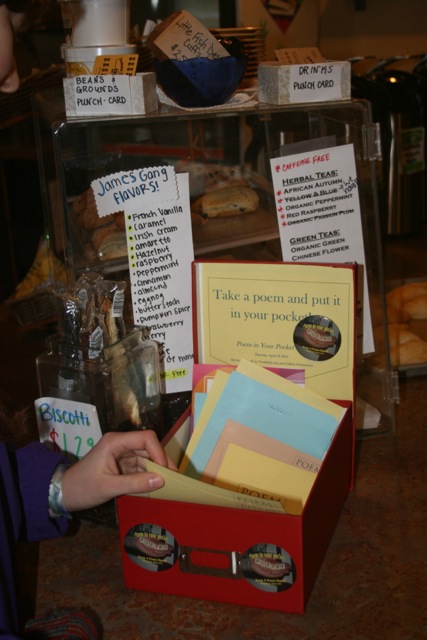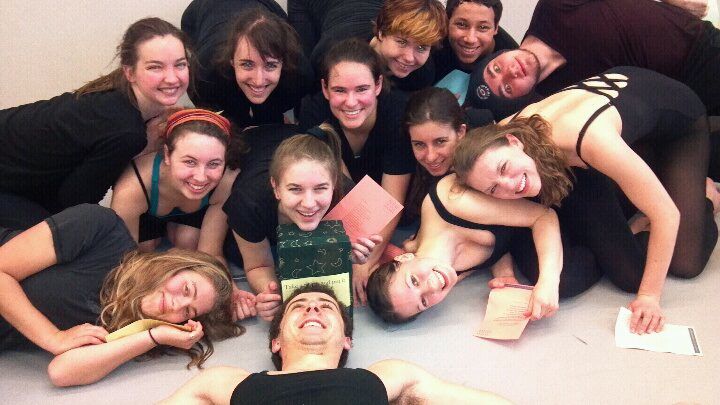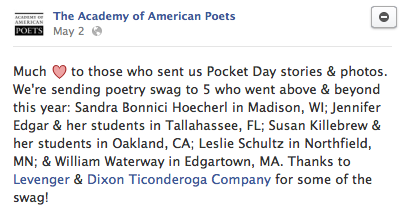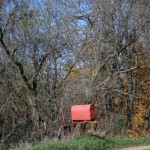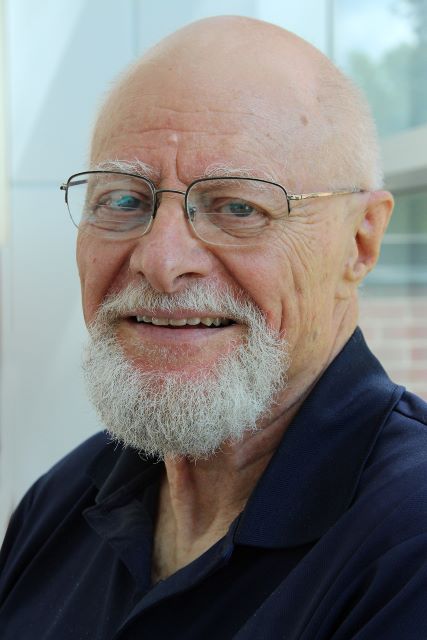
It is difficult to say a permanent goodbye to a friend. For many, many people, Ted Haaland was not only a friend but an inspiration. When his wife, Maria, died, he channeled his grief into writing poetry–an art form she loved but one that he had never tried before. For the rest of his life, he wrote at least one–sometimes several–poems each day, many in the sonnet form. Ted’s remarkable understanding was that new learning, even in harsh circumstances, is a way forward into new life.
Since Ted’s death on February 17th, I have been thinking a lot about how one person’s actions can have an enormous ripple effect on other people, even those the person has never met. Without the Maria W. Faust Sonnet Contest, I might never have met the friends I have in Winona, including Ted, or been drawn into the rich arts life of this beautiful Minnesota river town.
Without the Sonnet Contest, I might never have been re-energized about the possibilities of the sonnet form. I suspect that this is true for hundreds and hundreds of other poets who have been inspired by the contest’s existence and by the extraordinary examples of contemporary sonnets that win prizes each year. Sonnets are judged blind, and after winners are selected each year, it is clear that the contest is drawing entrants and winners who are young or middle-aged or older; who come from our region or country or from other countries on other continents; who are emerging poets–perhaps who have never had work published before–or are experienced poets with many books published. This contest is truly open to new possibilities within the sonnet form, open to anyone who wishes to try their hand at writing one.
Next Tuesday, Ted’s friends in Winona will be celebrating his life and his living legacy. At the same time, we will be celebrating National Poetry Month and the 2024 launch of the ongoing Maria W. Faust Sonnet Contest which he has endowed. Tim and I plan to attend. We would love to see you there, if you can make it! LESLIE
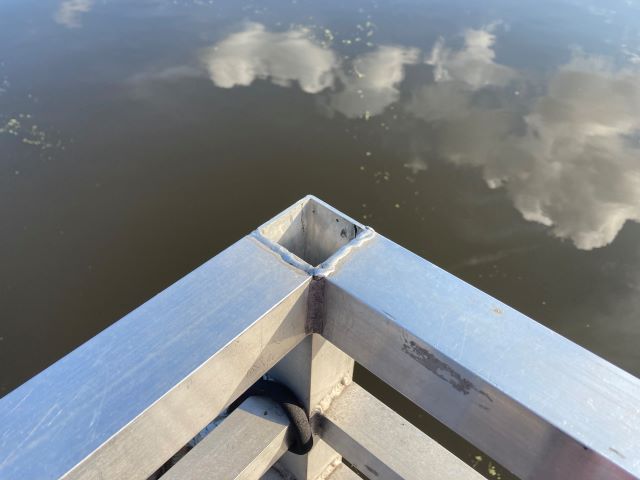
Below is the press release for the event on April 30th, provided by the managing director of the contest, Heidi Bryant.
WINONA, MN — The Maria W. Faust Sonnet Contest invites you to celebrate the opening of this year’s contest and National Poetry Month on Tuesday, April 30, 2024, from 6:30 9:00 pm at theBlue Heron Coffeehouse (162 W 2 nd St.). Light refreshments will be served. This event is free and open to the public.
Live music by Flutistry will accompany social time starting at 6:30pm. At 7:00pm, we will celebrate the life and legacy of the contest’s benefactor and former director, Ted Haaland who passed away on February 17th . Ted spent the years following the death of his beloved Maria writing poetry every day. Under his leadership, a small, local contest spread around the world, with the 2023 event receiving 700 sonnets from poets in 43 US states and 16 other countries. Ted’s friends and admirers are invited to say a few words and/or share a poem inhis honor at this event. Friends are also invited to attend a memorial service for Ted on Friday, May 3 rd at 10am at Hoff Funeral Home in Winona.
About the Maria W. Faust Sonnet Contest:
The Maria W. Faust Sonnet Contest is an annual event that welcomes entries from around the world to Winona. Prizes totaling $3,200 are awarded in four categories: Top Four, Regional, Youth, and Laureates’ Choice. The contest honors the memory of Maria W. Faust: a Winona State University graduate in Communications; a twenty-year resident of Winona; an avid supporter of varied local arts; and a lover of poetry. Maria’s husband, Ted Haaland, is the contest’s benefactor, with the goal of keeping Maria’s love of poetry alive in our community and beyond.
The judges’ panel includes Winona’s Poets Laureate James Armstrong, Ken McCullough and Emilio DeGrazia, and Leslie Schultz of Northfield, MN. Heidi Bryant is the managing director of the contest. Great River Shakespeare Festival and River Arts Alliance are partners. To learn more about the Maria W. Faust Sonnet Contest, please visit sonnetcontest.org or email entries@sonnetcontest.org. Information about National Poetry Month is available at poets.org/national-poetry-month.


